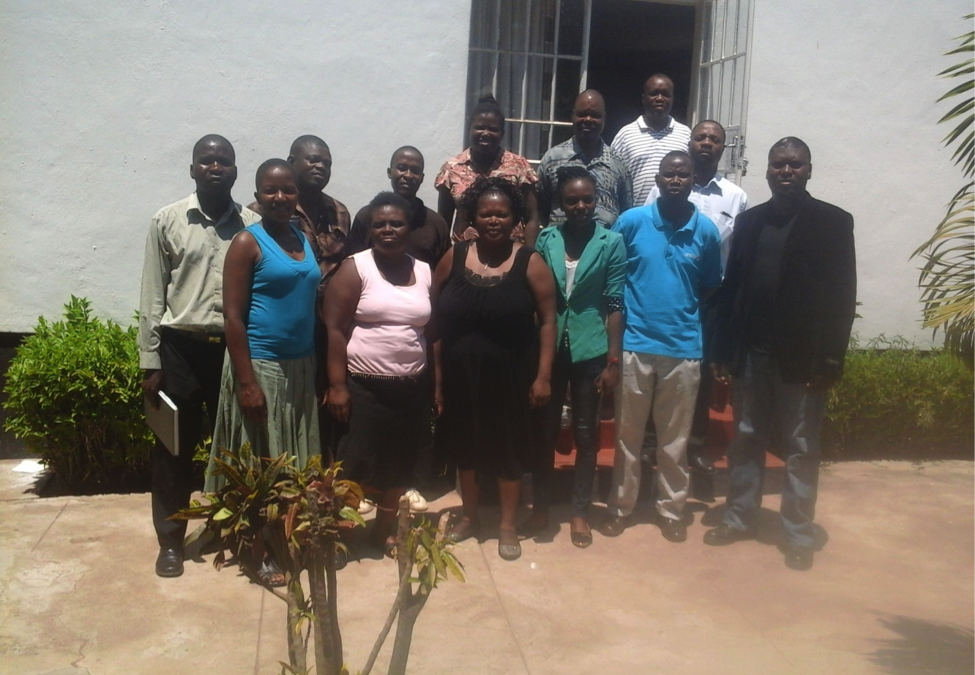Contributed by Tiwonge Nkosi
Two weeks ago, Kusamala attended a 2-day Right to Food Training which was organized by CISANET for the DCA partners at Lakeside Hotel in Salima. It was facilitated by Billy Mayaya and Tamani Nkhono.
Human rights have three classes (according to their historic development). There are first generation rights which are civil and political rights, second generation rights which are economic, social and cultural rights and there are also third generation rights which are solidarity rights. Right To Food (RTF) falls under second generation of rights.
Government has the duty to respect, protect and provide right to food all the time. People should have physical and economic access at all times to adequate food or means of procuring it. In relation to RTF, there is also a Right to Development (RTD) which is based on resource transfer. Benefits should be shared rather than concentrating on few individuals. It emphasizes on pro-poor strategies on distribution of wealth and other resources. For example, the Farm Input Subsidy Program (FISP) on which only a few people are receiving coupons while other poor Malawians are still struggling to find money to buy fertilizer since they did not have the opportunity to receive coupons. This led to Rights-Based Approach (RBA) which aims at empowering people to make their own decisions rather than being passive objects on which choices are made on their behalf.
To address RTF concerns, the food security bill was drafted. Among the issues that the bill addresses, is the dependence on maize, that is often grown on the same land year after year, leading to land degradation. FISP does not provide a sustainable or equitable solution to these issues as rising costs of fertilizers inputs and the impacts on the balance payment by the country have cast double on the sustainability of the program, and people do not have equal access to the inputs allotted. These issues, coupled with rising land scarcity due to population growth, support the need for alternative agroecology and permaculture solutions such as crop rotation including the incorporation of nitrogen fixing legumes, and the use of organic fertilizers, some of the practices that Kusamala is promoting.



